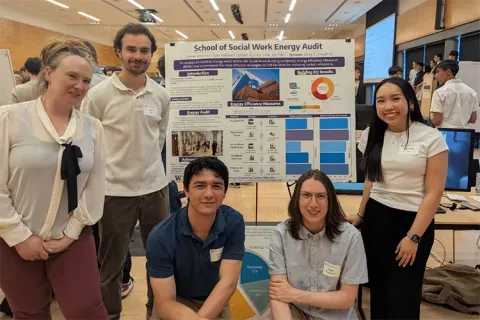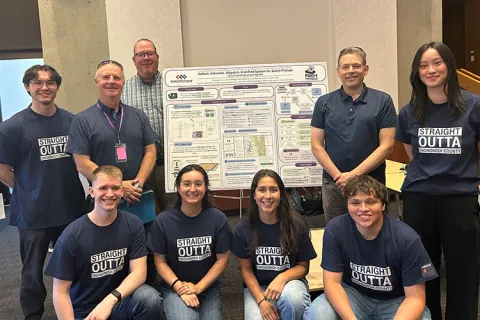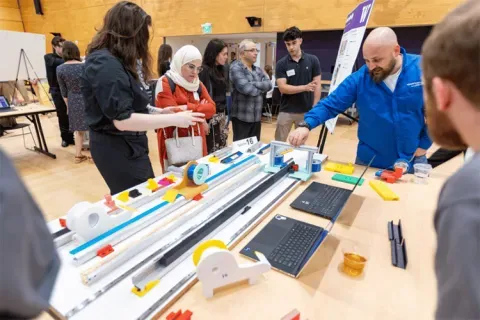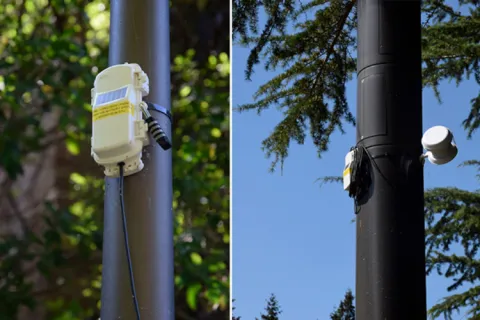NanoString
Deep Learning-Based Localization for RNA Spatial Transcriptomics
Nanostring spatial molecular imaging platform (SMI) leverages single molecule hybridization-based sequencing chemistry to spatially profile expression of 1000+ genes at single cell and sub cellular resolution across tissue samples. The current RNA localization algorithm relies on commonly used methodologies where potential target locations are segmented from raw images and fit with a function that approximates a point spread function. While efficient and fast, this method will fail in the multi-emitter regime. Due to the desire to increase plexity and/or use reduced codesets, it is critical to evaluate other localization schemes that are designed for densely packed data. DECODE is a state-of-the-art deep learning-based approach that enables high precision localization microscopy in dense images. This student team worked to deliver modified DECODE modules that are tailored towards high density SMI samples. The student team also worked to develop models with adequate consideration towards compensating raw data that has highly variable background and large signal dynamic ranges and outperforms standard localization methods in SMI data by an order of magnitude with respect to density, defined as having a Jaccard index >~70%. The student team also worked to provide a Python module to enable 3D clustering of localizations to find the best fit Z-plane to allow for code matching via Nanostring’s matching module.
Faculty Adviser(s)
Payman Arabshahi, Electrical & Computer Engineering
Related News

Mon, 10/13/2025 | UW Mechanical Engineering
Capstone collaboration leads to award
An ME capstone team received first place for its energy audit of the UW School of Social Work building.

Thu, 07/17/2025
UW engineering students develop smart ballot solution
UW engineering students develop smart technology solution to improve ballot collection for Snohomish County.

Mon, 07/07/2025 | UW Mechanical Engineering
Capstone creations
Students displayed innovative capstone design projects at the 2025 expo.

Fri, 09/20/2024 | UW Civil & Environmental Engineering
Smarter irrigation for a greener UW
A new project combines satellite data with ground sensors to conserve water and create a more sustainable campus environment.